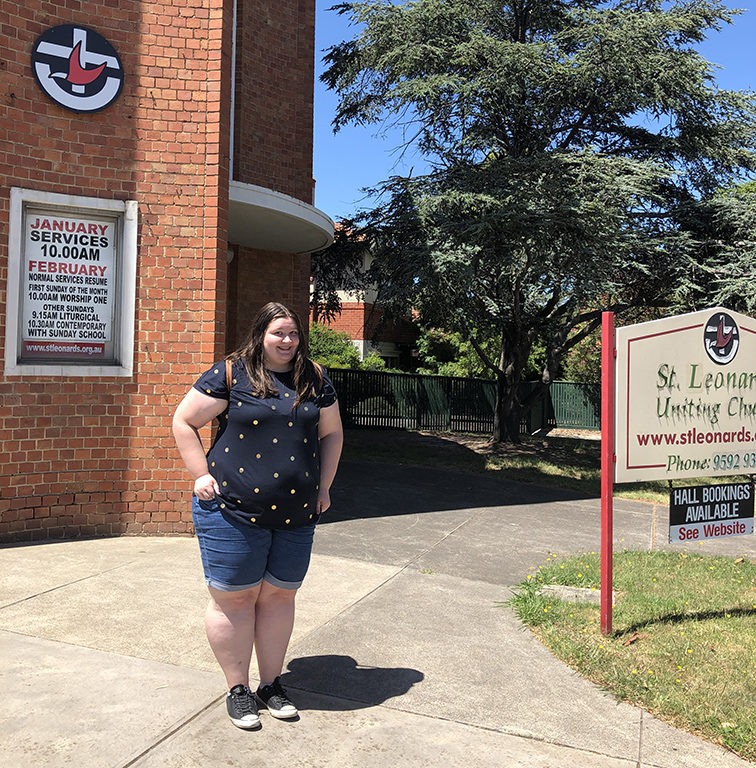
By Nicole Mugford, Panel Member for Discipling the Next Generations
I've found myself in many places within the Christian context recently where the question has been asked, "Why are you still here?"
"Why are you still a Christian?"
"What made you stay connected to faith and church when many others your age left?"
"Why are you still at church?"
This question has been asked in the context of understanding what makes people stay in church and how do those in ministry enable space for those to ask these questions and consider what it means for them to leave or stay?
When I was first asked this question my answer was obligation. I stayed in church because I was leading children's and youth ministry and didn't know how to get out of the commitment. I didn't want to let people down.
So I served, in any and all the ways I could to try and find faith in the leadership opportunities.
Eventually I think the answer became more than obligation. I stayed connected to the church because I was drawn to community and to a place of being known and cared for.
I stayed because I knew that even though I felt broken and hurt at times, I was loved by God first and foremost but also by people who saw past my shortcomings. I found purpose and calling in my developing faith and through church community.
I feel like over the last few years there has been many times when I've been asked, 'why are you still at church?' and many times when I've questioned for myself why I haven't left yet.
The Royal Commission into Institutional Responses to Child Sexual Abuse, the painful and hurtful discussion about sexuality and same-gender marriage within the church, as well as moments of significant change and challenge in leadership opportunities for me as a young adult leader, were all times when it would have been tempting to leave, and its when many people did leave the church.
How do we as a church respond to these moments and how do we as a church sit with the knowledge that people have left in these moments due to significant hurt?
The temptation is to ask everyone who remains, why they have stayed and use their strength, courage and motivation as the solution for how we help others to stay. But is that the most effective way to do ministry?
My question is, what makes people leave?
What is the turning point and the tipping point for people deciding not to remain in the church?
My bet is that it isn't a rash decision one Sunday where people stop going, but a slow build up of frustration, unanswered questions, doubt and lack of fulfilling connection that cause people to leave.
I don't know the answer to stop people from leaving, but I know that when I speak with people about why they have left the church; often I don't blame them, I agree with many of their reasons. And a lot of the time these people are leaving the church but they aren't leaving their faith.
So in all these questions and at this point of time in the life of the church, I wonder if we are listening? and if we are responding? and how should we be responding?
Do we make space for young people to step into leadership and test their skills and call? Are we allowing opportunity for emerging adults to ask questions of doubt and faith and challenge the status quo? Are we giving people the opportunity to be loved, known and cared for in community? Are we the church repenting of the wrong and hurt we have caused in the past?
It is time to start listening and being honest in how we answer the tough questions.
From Nicole's blog, The Real Nicole
